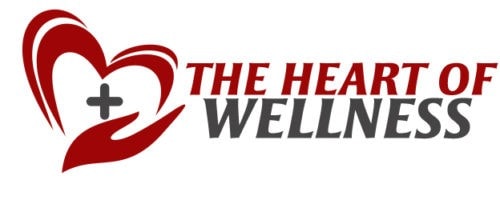Everyone feels stress at various times in life. We all have different ways to cope with stressful situations. Have you ever thought about how it affects your health? There are significant changes that happen in our bodies when we feel anxious and have chronic stress.
What is STRESS?
Simply defined, it is an organism’s total response to environmental demands or pressures. During my studies at The National Institute of Whole Health, I learned a lot about how our minds and bodies respond to stressful situations.
I also learned about the General Adaptation Syndrome developed by Dr. Hans Selye, otherwise known as the “father” of stress research. Dr. Selye described it as a nonspecific response to any pressure or demand. In addition, stress is an event that causes change or demands readjustment.
Two Types of Stress
Good, happy, positive stress is known as Eustress. Examples would be falling in love, spending time with friends, and going on vacation. Distress is the type people are more aware of. This is the negative, anxiety-producing stress. For instance, examples would be illness, divorce, death of a loved one, work, or relationship problems.
We are usually more aware of how good and bad stress affects us emotionally and physically. We may feel a pit in our stomach when we are nervous or feel sadness when a relationship ends.
Moreover, poor nutrition is chemical stress and can be detrimental to our digestion, which can lead to other health issues. Physical stress can be an injury or trauma. Environmental stress is the pollutants we inhale outside or excessive noise or light. Spiritual stress can be a change in religious beliefs or questioning our value system.
The Fight or Flight Response
Our ancestors experienced the fight or flight response intensely while just trying to hunt and gather food for their survival. They constantly had to be aware of predators around them and were probably always in harm’s way. This response has not changed in our bodies over the years. We need this response to survive.
Acute stress is immediate and temporary. Our bodies and minds experience this type of stress only for a short period of time. We experience the physical symptoms of increased heart rate, blood flow to our extremities, and increased metabolism. We become prepared to fight off whatever danger is perceived. After the danger has passed, our bodily functions will return to normal.
Another type is having chronic stress. This is when we continue to perceive danger. Sometimes even imagining danger will activate the fight or flight response. This includes worry, anxiety, depression, and chronic health issues. When the body remains in a state of arousal and panic it is difficult to return to normal functioning.
Our bodies become exhausted and this can lead to a breakdown in organ function, digestion, and decreased immune system function. This is what eventually can lead to disease and degenerative health conditions.
Some Ways to Reduce Anxiety
Exercise
Diet free of processed foods
Deep breathing
Sleep
Prayer
Laughter
Surround yourself with positive and happy people
Consistent Self-Care
Having a few self-care practices and hobbies is essential in managing stress. It has a profound influence over our lives and affects every aspect of health, but unlike other factors, we can exert a large deal of choice over how we handle tension.
In conclusion, choose wisely and find a few healthy ways to manage anxiety before it takes control of your life and your health!
Jill DeMasi is a Lifestyle Blogger, Licensed Massage Therapist, and Certified Wellness Coach with a passion for helping others manage stress, chronic pain, and anxiety. Learn more about her journey and wellness practice that offers natural solutions to stress at www.AtTheHeartofWellness.com.




Leave a Reply